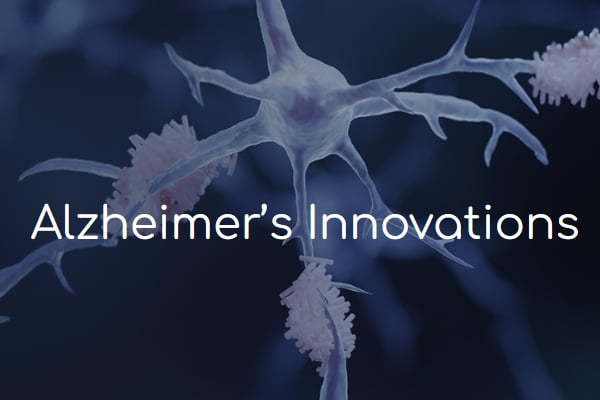
Jobs That Lower Alzheimer’s Risk
Considering how often we hear about job risks, it’s encouraging to hear about ones that may actually protect you from Alzheimer’s!

Considering how often we hear about job risks, it’s encouraging to hear about ones that may actually protect you from Alzheimer’s!

University of Oxford research revealed groundbreaking findings that could reshape dementia prevention. Ozempic (AKA Semaglutide/Wegovy), a type-2 diabetes and weight-loss drug, seems to significantly reduce the risk of dementia.

A drug for Alzheimer’s, called Leqembi, might soon be given less often. Right now, patients get it through a drip every two weeks. The idea is to change this to once a month.

While Resveratrol supplements decrease brain swelling, they increase brain shrinkage. Is the trade-off worthwhile?

Bezisterim can manage inflammation and enhance energy transfer (insulin sensitivity) in the brain. Learn how it is in trials to improve memory and thinking in Alzheimer’s.

The newest and most promising drug to fight Alzheimer’s is Leqembi. Carolyn Davis is giving it a try. Learn about the promise, the risks and how it has restored her hope,

Scheduled to begin on May 9, 2024, six new monthly sessions are now available in this free Continuing Education Program.

Removing ovaries with a hysterectomy might increase risk of heart disease, stroke and dementia.

The Therapeutic Gardens project in Italy has been studied, certified and recognized for excellence. Dementia patients improve memory, cognitive functions, language, mood and above all, they need less medication.

This beautiful song captures a son’s dedication to his father with Alzheimer’s. Starting from his window in a care facility, the gorgeous imagery unfolds into a most moving music video.

Australian researchers show nanoparticles that contain curcumin, from turmeric, not only prevent cognitive deterioration, but also reverse the damage. Find out more about this exciting development.

Getting in and out of a car’s passenger seat may not be simple, once dementia sets in. Learn the skills needed.

SHORT-TERM MEMORY lapses are obvious signs of Alzheimer’s, but other tell-tale signals begin to show much earlier. Learn how to look for semantic impairments, such as simple questions about size.

Three important dementia studies focus on HS-AGING, a type of dementia almost as common as Alzheimer’s in the 85+ group. Yet few people have heard of it. Why? What makes it different?

An intriguing study of 120 grandmothers might surprise you. Doctors know socially engaged people have better cognition and less dementia. But can a person get too much of a good thing? What’s the right balance?

Enjoy this great duet between a musician with dementia and his son. A triumph of spirit over Alzheimer’s! Sing-a-long if you like!
No spam, only news and updates.


